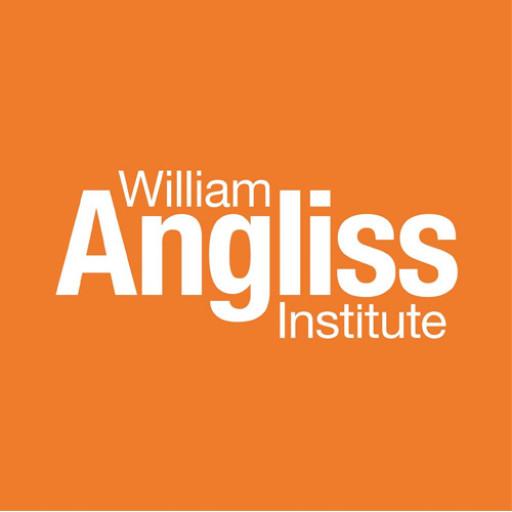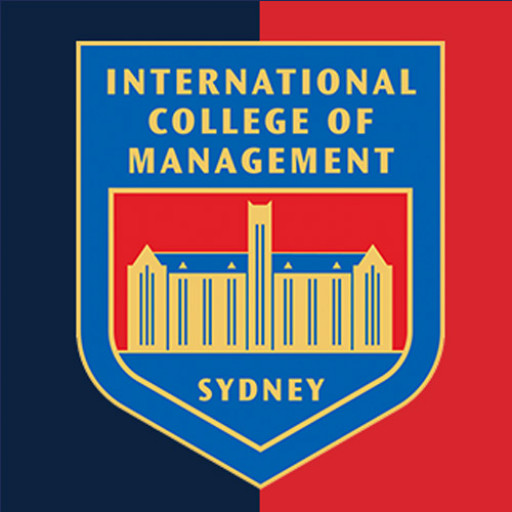The Tourism (Ecotourism) program at William Angliss Institute offers students a comprehensive education in sustainable tourism practices with a focus on ecotourism principles. This program is designed for individuals passionate about preserving natural environments while providing enriching travel experiences that promote local communities and ecological awareness. Throughout the course, students develop a deep understanding of ecological sustainability, environmental management, cultural considerations, and responsible tourism operations. The curriculum combines theoretical knowledge with practical skills, enabling students to plan, develop, and manage ecotourism activities that minimize environmental impact and maximize cultural appreciation. Students learn about natural resource management, eco-friendly business practices, marketing sustainable tourism, and customer engagement strategies tailored to ecotourism markets. The program emphasizes experiential learning through site visits, industry projects, and internships, allowing students to apply their knowledge in real-world settings. Graduates will be equipped with the competencies to pursue careers in eco-tourism operators, conservation organizations, nature-based tourism planners, and hospitality roles focused on sustainability. The program is ideal for those interested in making a positive impact on the environment while contributing to the growth of responsible tourism industries. With a strong emphasis on sustainability, cultural sensitivity, and innovative tourism solutions, the course prepares students to be leaders in the burgeoning field of ecotourism. Graduates leave with the skills, knowledge, and ethical outlook necessary to succeed in a dynamic and growing sector committed to environmental stewardship and sustainable development.
The Tourism (Ecotourism) program at William Angliss Institute is designed to prepare students for a dynamic career in the sustainable tourism industry, with a focus on environmentally responsible travel experiences that promote conservation and local community engagement. Throughout the course, students will develop a comprehensive understanding of ecotourism principles, including environmental management, cultural sensitivity, and ethical tourism practices. The program emphasizes practical skills and industry knowledge, enabling graduates to work effectively in various roles such as tour guides, ecotourism operators, travel consultants, and destination management professionals.
Students will explore topics such as sustainable tourism development, responsible visitor management, biodiversity conservation, and the integration of indigenous culture into tourism experiences. The curriculum incorporates theoretical studies along with hands-on training, often through industry placements, fieldwork, and project work, ensuring students gain real-world experience. Additionally, students will learn about marketing strategies specific to ecotourism, digital tools used in tourism management, and customer service excellence tailored to environmentally conscious travelers.
The program also highlights the importance of leadership, communication, and teamwork skills, considering the collaborative nature of the tourism sector. Sustainability and innovation are core themes interwoven throughout the coursework, preparing students to contribute to the development of sustainable tourism initiatives that benefit local communities and preserve natural resources. Upon completion, graduates will be equipped with the skills necessary to pursue diverse careers in ecotourism and sustainable travel, supporting the industry’s growth while protecting the planet. The program is ideal for individuals passionate about environmental issues, cultural heritage, and creating meaningful travel experiences that make a positive impact.
Program requirements for the Tourism (Ecotourism) qualification at William Angliss Institute typically include a combination of fundamental skills, industry-specific competencies, and adherence to relevant standards. Applicants are generally expected to demonstrate a passion for sustainable tourism practices and a commitment to environmental conservation. Academic prerequisites may involve completing a secondary education diploma or equivalent, with particular emphasis on subjects such as geography, environmental science, or tourism studies, depending on the entry pathway. For international students, proof of English proficiency through tests such as IELTS or TOEFL is often required to ensure effective communication in a professional context. Prior work experience in the tourism or hospitality industry can be advantageous but is not always mandatory. The program emphasizes practical skills, so applicants should be prepared to participate in on-site training, field trips, and internships that provide real-world experience in ecotourism settings. Successful completion of the prerequisites and interviews, if applicable, are part of the selection process. Additionally, applicants must meet health and safety requirements, including any vaccinations or medical assessments needed for working in outdoor or remote environments. As the program involves interaction with diverse communities and protected environments, cultural sensitivity and a strong awareness of environmental issues are highly valued. Prospective students should also review any specific admissions policies related to age or citizenship status, especially for international applicants. Overall, the program aims to develop well-rounded professionals capable of promoting sustainable tourism initiatives that balance economic, environmental, and social considerations in ecotourism contexts.
The William Angliss Institute offers various funding options and financial assistance programs to support students pursuing their Tourism (Ecotourism) studies. Domestic students can access government schemes such as FEE-HELP, a loan program that covers tuition fees and allows students to defer payment until their income reaches a specified threshold, providing greater accessibility to vocational education. International students are required to pay tuition fees upfront or arrange payment plans through the institute’s designated payment methods. The institute often provides scholarships and bursaries aimed at supporting students demonstrating academic merit, financial need, or commitment to the tourism industry, including specific awards for eco-tourism students. Additionally, flexible payment options, including installment plans, are available to help manage tuition fees over the duration of the course. External students may also explore financial aid opportunities available through private organizations or government-sponsored programs, depending on their country of residence. The institute occasionally collaborates with industry partners to offer sponsorships or tailored financial support packages, particularly for students enrolled in specialized areas such as ecotourism. Students are encouraged to consult the institute’s student services or financial aid offices for comprehensive advice on available funding sources and application procedures. Overall, the William Angliss Institute strives to make tourism and ecotourism education accessible and affordable through a variety of financial supports, ensuring students can fully focus on their academic and career goals within the sustainable tourism sector.
The Tourism (Ecotourism) program at William Angliss Institute, TAFE VIC is designed to equip students with the knowledge and skills needed to succeed in the sustainable tourism sector, with a particular focus on ecotourism. This program emphasizes the importance of environmental conservation, cultural sensitivity, and responsible travel practices. Throughout the course, students explore a wide range of topics including sustainable tourism management, eco-friendly tour planning, nature interpretation, and the development of eco-tourism products that meet environmental and community standards.
Participants benefit from a combination of theoretical study and practical experience, enabling them to understand the complexities of ecotourism in diverse geographic and cultural contexts. The curriculum incorporates industry-relevant skills such as customer service, marketing, environmental management, and compliance with tourism regulations. Coursework may also cover areas like visitor education, conservation strategies, risk management, and digital marketing for tour operators.
The program is suitable for individuals passionate about environmental issues and interested in careers that promote sustainable travel options. Graduates are prepared to work in various roles within the tourism industry, including eco-tour guide, sustainable tour planner, eco-lodge manager, or tourism development officer. They also gain insights into global trends impacting ecotourism and learn how to create innovative, eco-friendly tourism experiences that appeal to environmentally conscious travelers.
William Angliss Institute’s strong industry connections, combined with hands-on training and state-of-the-art facilities, ensure students are job-ready upon completion. The institute fosters a supportive learning environment that encourages creativity, cultural awareness, and professional growth. Overall, the program aims to develop environmentally responsible tourism professionals capable of making a positive impact on the industry and the planet through sustainable practices and eco-conscious initiatives.







